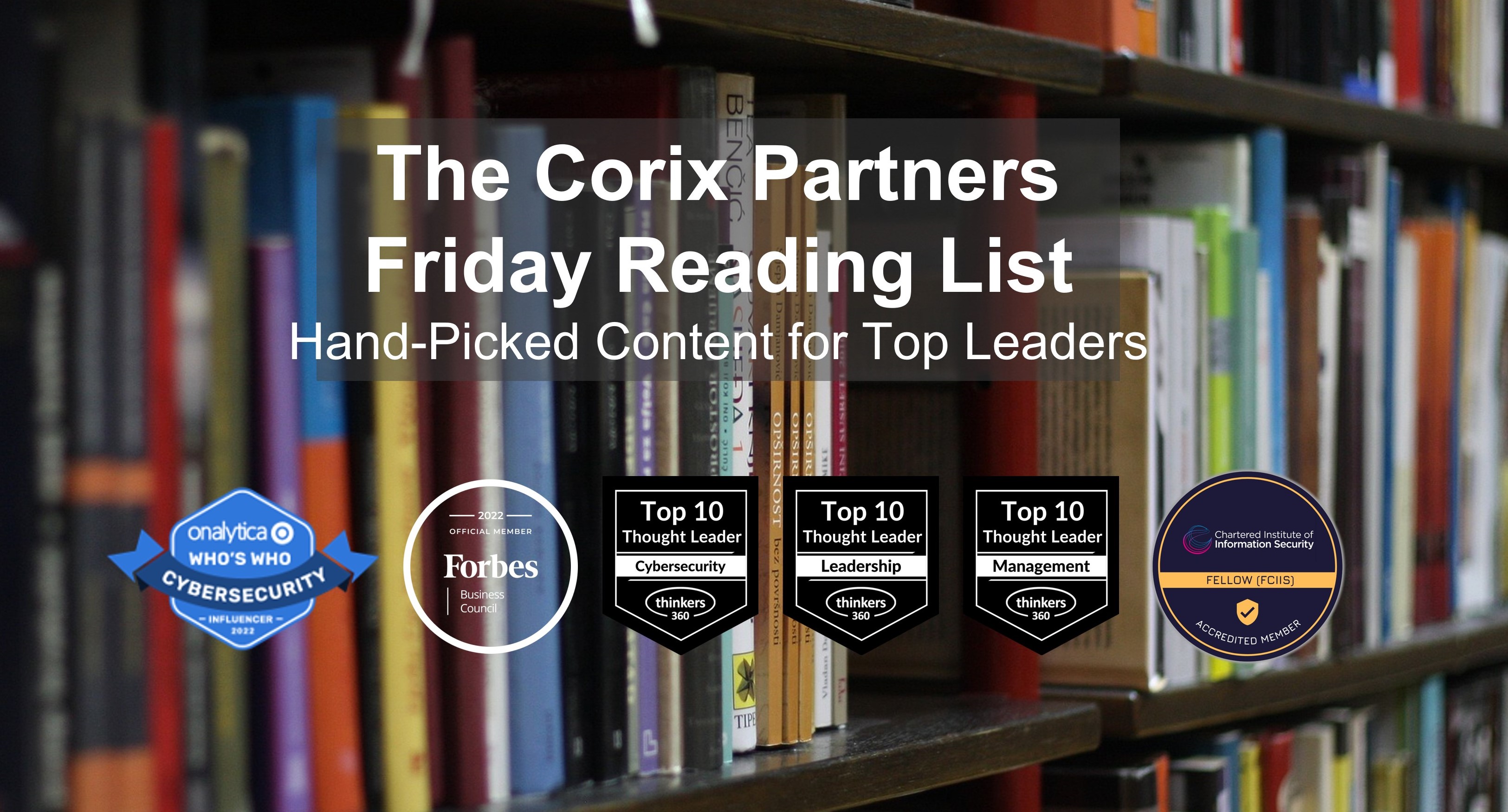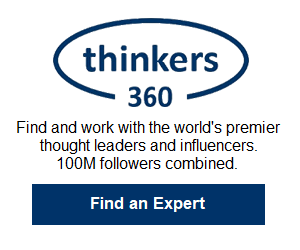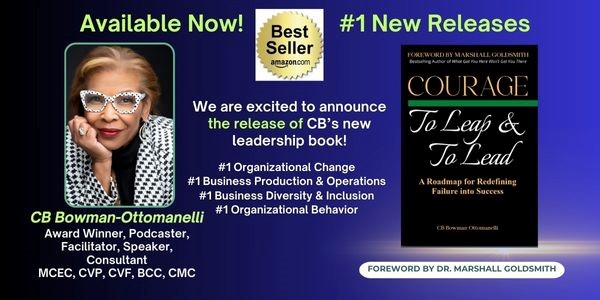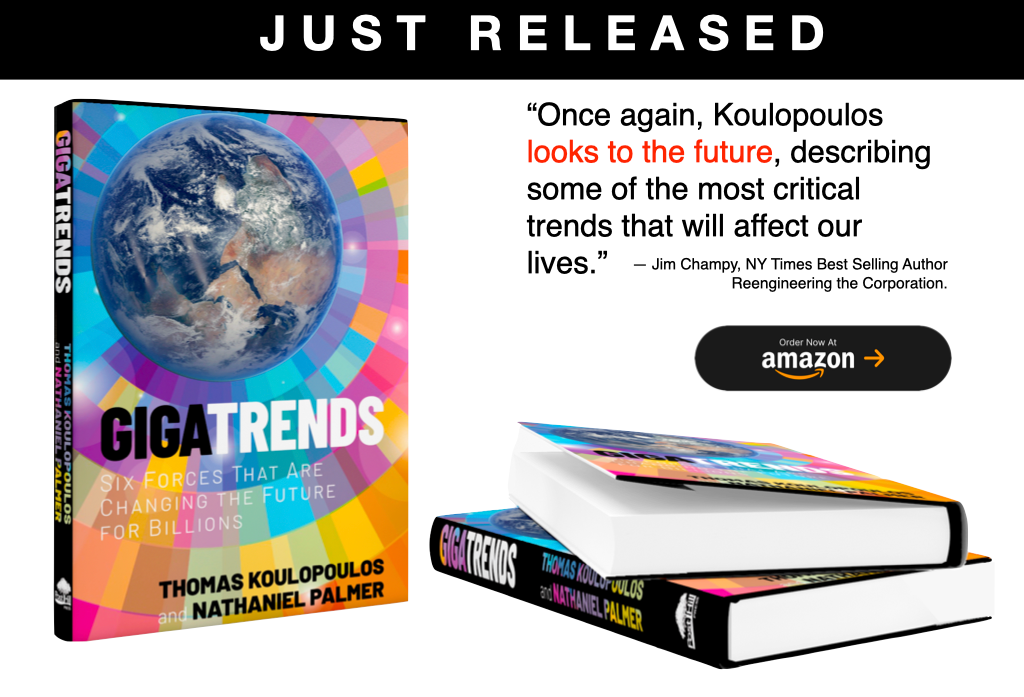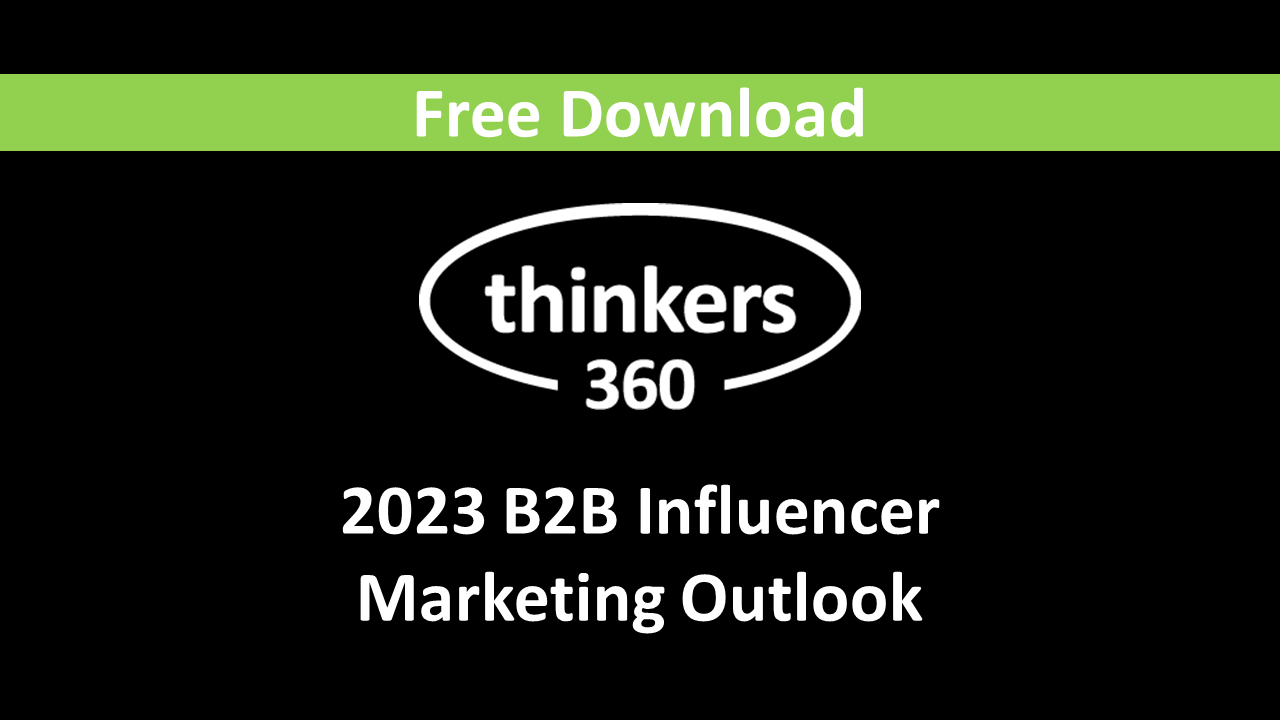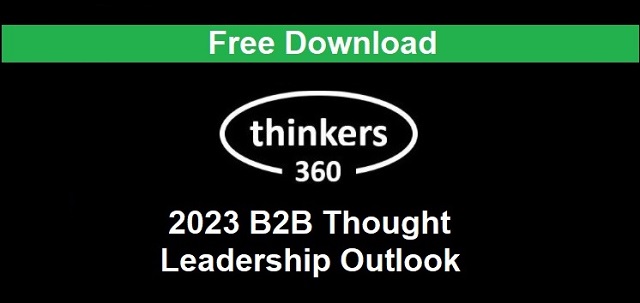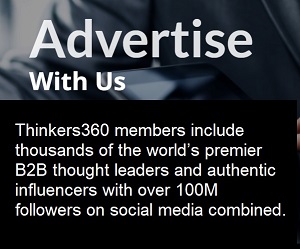In the midst of the chaos of current events, the intersection of brand leadership and social responsibility continues to be significant. As Isaac Newton’s third law of motion teaches us, every action has an equal and opposite reaction. Today, this principle aptly applies to the evolving responsibility of the business sector in progressing society.
In many ways, backlash to business’s transforming role is a natural outcome of the ongoing crises we are facing geopolitically and increased lack of trust in government and longstanding institutions. Despite this, brand leaders continue to advance purpose, sustainability and social responsibility from corporate buzzwords to central elements of brand identity and corporate culture - albeit, many are doing so more quietly.
Over the past few months, I’ve seen several themes have emerged for brand leaders to keep in mind as they continue their journey along the pathway to purpose and sustainability this year.
1. Foster Genuine Allyship
2023, most notably the Bud Light-Dylan Mulvaney crisis, may have well marked a turning point for allyship. It is no longer acceptable for brands to engage in one-off campaigns or token support. Consider Nike’s “Pride for Life”, which weaved inclusivity into its narrative in ways that aligned with purpose and stakeholder expectations. The campaign extended beyond typical Pride Month activities, demonstrating year-round commitment to the LGBT community and how effective allyship demands continuous, strategic support, underpinned by an understanding of the causes and communities a brand champions.
The takeaway: Develop a nuanced communications strategy that remains firm, even amidst backlash and shifting sentiment, and distinguishes external from internal and product from corporate brand messaging.
2. Navigate Beyond Green and Hush
The journey beyond greenwashing and greenhushing is nuanced and requires a deep commitment to environmental integrity. 2023 underscored the importance of striking a balance between greenwashing and greenhushing. More than before, consumers, stakeholders and government regulation all scrutinize environmental claims, demanding transparent communication and proof of real action. Procter & Gamble strikes a balance through their Ambition 2030 initiatives. Focusing on sustainability across climate, waste, water and nature, P&G has set ambitious goals that they integrate into their marketing communications.
The takeaway: Ensure environmental claims are substantiated by concrete actions and clear impact assessments. Transparency in communication is key to navigating beyond greenwashing, establishing genuine sustainability credentials and enabling people to buy from, work with or invest in companies that are sincerely pursuing sustainability.
3. New Norms in Transparency
Transparency is about more than achievements. It’s about fostering a culture of openness that invites all stakeholders to participate in a brand’s evolutionary journey. Fast to call companies out, people will forgive brands that are humanlike and share the challenges they face as they’re working to improve. Apple’s “Mother Nature” campaign did just this, as it shared the brand’s progress toward achieving – and surpassing – its sustainability goals. Their easy to follow narrative is highly relatable, designed to resonate with a broad audience. Revealing occasional missteps, the brand presents a more vulnerable, human image than usual – providing a blueprint for others to follow, even as some claims warrant further scrutiny.
The takeaway: Embrace a holistic approach in communicating sustainability efforts. Sharing the entire journey—including ongoing efforts and challenges—fosters trust and simultaneously invites stakeholder participation.
4. Engagement as a Movement Starter
For many brands, engagement moved beyond traditional interaction in 2023 to inspiring collective action and fostering a movement. Oatly, the Swedish milk producer, exemplified this with their bold Times Square billboard campaign. Known for its unconventional marketing, Oatly’s Times Square billboard presented a simple yet powerful message about the environmental impact of dairy production, urging consumers to consider oat milk as a sustainable alternative. The campaign was thought-provoking, encouraging critical thinking about our food choices and their associated environmental impact.
The takeaway: Elevate brand engagement so that it motivates positive behavioral change. Challenge consumers to think and act differently. Thought-provoking messaging will enhance brand reputation and amplify impact through contributing to broader societal and environmental change.
5. Purposefully Agile
As the world continues to evolve at an unprecedented pace, brands face the challenge of being nimble while staying true to their purpose and foundational principles. It’s a delicate balance between agility and adherence to core values. Beko, the Turkish home appliance brand, masterfully navigated this with their ‘Healthy Kitchen’ initiative. Redefining kitchens as centers of health and sustainability while aligning with Beko’s mission to create environmentally responsible solutions, the brand did much more than launch new products.
The takeaway: Ensure that new products or services strategically align with purpose and simultaneously adapt to rapidly evolving consumer sentiment and cultural shifts. Elevating a brand’s ethos alongside its operational competencies, purpose-led innovation creates more value and fosters more meaningful relationships.
Forging ahead
As we approach 2024, the role of brands in shaping societal norms and stewarding the environment is more prominent than ever. And the actions and strategies adopted by brand leaders can profoundly influence attitudinal and behavioral changes. Five emergent themes reinforce that the journey ahead is about driving business growth and simultaneously contributing meaningfully to societal progress.
At a time of heightened accountability and interconnected challenges, there is little doubt that brand leaders are being called on to be visionaries and realists alike. As custodians of change, they have a unique opportunity to redefine the essence of success, balancing profitability with positive impact by crafting narratives that both resonate in the marketplace and influence culture and sentiment. By embracing this dual role, brand leaders can contribute to a new age where business and societal well-being are inextricably linked – and foster a future in which success is measured in financial terms and the lasting, positive imprint the business sector leaves on society and the planet.


